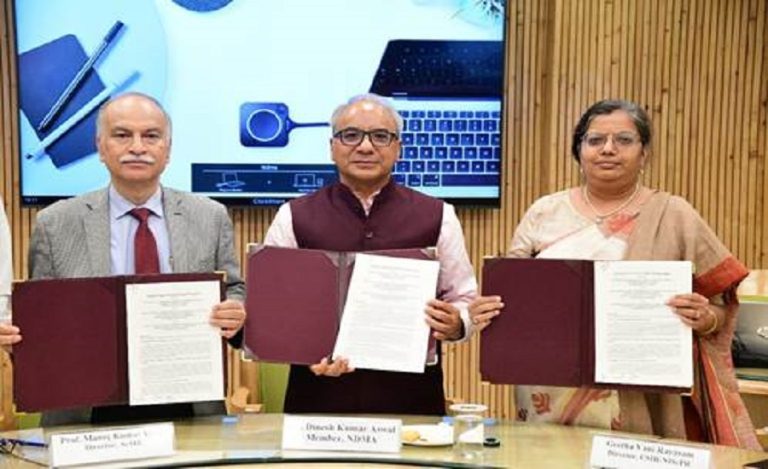Under the new National Curriculum Framework (NCF) aligned with the National Education Policy (NEP), schools in Bihar will now function with a reduced 29-hour weekly schedule, aiming to ease the academic pressure on students across all levels. The revised schedule includes five to five-and-a-half hours of classes from Monday to Friday, while two Saturdays a month will be reserved for light academic activities, and the remaining two Saturdays will be holidays.
Also Read: Uttar Pradesh: CM Yogi Adityanath Stresses Focus on Aspirational Districts and Blocks
Class Duration and Activities Restructured
The NCF has recommended a maximum class duration of 35 minutes for general subjects, while major subjects will be allotted 40 to 50 minutes, depending on the level. A notable reform is that 50% of the study time will be dedicated to co-curricular activities such as sports, art, and competitions, all during school hours. Students will also get a dedicated hour for breakfast and lunch, and a five-minute break after each class to improve focus and reduce fatigue.
Bag-Free Days and Interactive Learning
A key highlight is the introduction of 10 bag-free days in an academic year, during which students will engage in oral learning, practical demonstrations, and experiments—focusing on experience-based education rather than textbook learning.
Annual Academic Calendar Revised
As per the new structure, schools in Bihar will operate for 220 days a year, including national, summer, and winter holidays. After deducting days for exams (20 days) and various school activities (20 days), the effective number of instructional days is 180. This revised calendar is the basis for the new study schedule.
Exams to be Held Twice a Year
In line with reducing academic pressure, the NCF also proposes to conduct board examinations twice a year, giving students better opportunities to perform and reducing the anxiety typically associated with annual exams.
The move marks a student-centric shift in Bihar’s education system, focusing on holistic learning, well-being, and reduced academic burden, making education more enjoyable and accessible.




























